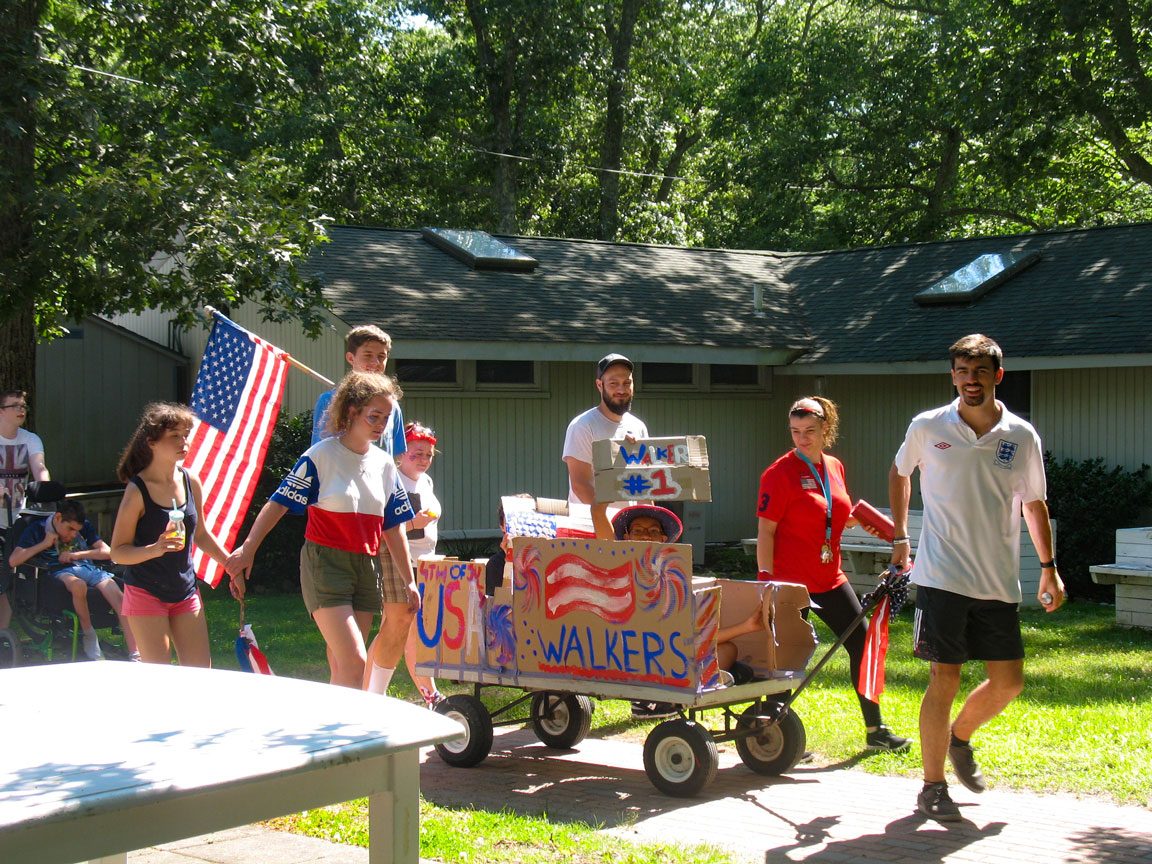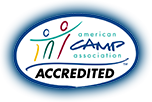Is your kid ready to join the millions who attend summer camp throughout the United States each year? It’s an important question. And the quest to find the best option for your kid raises many more. We gathered some of the top questions parents ask about summer camp and filled in the blanks to help you make the best decision. The goal is to prepare both you and your kid for embarking on the incredible journey of summer camp.
Why Is Camp so Important?
For the most part, no two summer camps are the same. Each one delivers a unique experience set in its own distinctive theme. However, talk with the average camper, parent or camp counselor and you will find that in terms of benefits, most camps share a common ground. Camps from all corners of the spectrum promote many of the same positive outcomes.
A special type of community, summer camp brings kids together to share in the joy of good old-fashioned fun. Campers make new friends, explore and learn new activities, discover their spirituality and build a sense of independence by conquering new adventures away from home. All fun, learning and growth takes place in a safe environment ideal for helping kids gain self-confidence.
Adding to the growth experiences available at camp, kids also gain an invaluable set of social skills, including communication and conflict resolution ability. A landmark research study on the positive outcomes kids experience at summer camp across the United States proves kids walk away from camp with invaluable growth experiences and many of the skills necessary to assume roles as successful adults. According to the study:
- 96% of kids said, “Camp helped me make new friends.”
- 93% of kids said, “Camp helped me to get to know kids who are different from me.”
- 92% of kids said, “The people at camp helped me feel good about myself.”
- 74% of kids said, “At camp, I did things I was afraid to do at first.”

The same study confirms similar results from parents: “My child gained self-confidence at camp.” (70%); “My child continues to participate in some of the new activities he or she learned at camp.” (63%); and “My child remains in contact with friends made at camp.” (69%). Commenting on the study, the American Camp Association (ACA) also confirms camp is both a laboratory and a catalyst for child development.
What Types of Camps Are Available?
Parents can choose from a number of options: single sex, co-ed, residential, day, all-around, etc. Specialty camps with distinct missions may also appeal to a select group of kids: for example, a summer camp for children with disabilities. With your unique goals in mind, finding the right camp is easier than you think. Do a quick Google search, follow up with a phone call to book a tour, bring your kid along for the ride and narrow down the options. When you both fall in love is when you found the perfect camp.
How Do I Know When My Child Is Ready for Camp?
Rather than a specific age, the type of camp often determines readiness. Different camps require kids to reach different milestones before attending a particular program. The key takeaway: a camper’s unique development is often the strongest indicator camp directors consider before accepting them into a summer program. Readiness is more a matter of perspective than the number of candles on a birthday cake.
How Will My Shy Kid Make Friends at Camp?
Kids from all walks of life thrive in a camp setting — from the incredibly shy to the socially awkward. Miles from a place of fear, ridicule and intimidation, summer camp is a unique place for even the most reserved campers to develop their social skills and grow more comfortable in a social environment. Camp directors and counselors, trained to be sensitive to your kid’s unique personality, can even help ensure a smooth transition into the camp environment. Your kid will quickly learn: there’s no need to be shy.
What About My Child’s Food Allergies?
Food allergies and other medical conditions don’t have to be deal breakers. Camps vary considerably in their ability to accommodate campers with different types of medical issues. But plenty of camps have the resources to meet your kid’s unique food needs. Enrolled in the right program, your food allergic kid can enjoy the summer camp experience just the same. Consult the camp’s medical staff to inquire about their specific medical policies.
What If My Child Gets Homesick?
Homesickness is common —and perfectly normal — at a sleep-away camp. Different camps use different strategies for helping campers deal with homesickness. Before you send your kid to a camp, inquire about their specific approach. Camp counselors, for example, may help campers better recognize their feelings and work through their homesickness. The right kind of support from a caring staff can be all your kid needs to cope with feelings of missing home.


